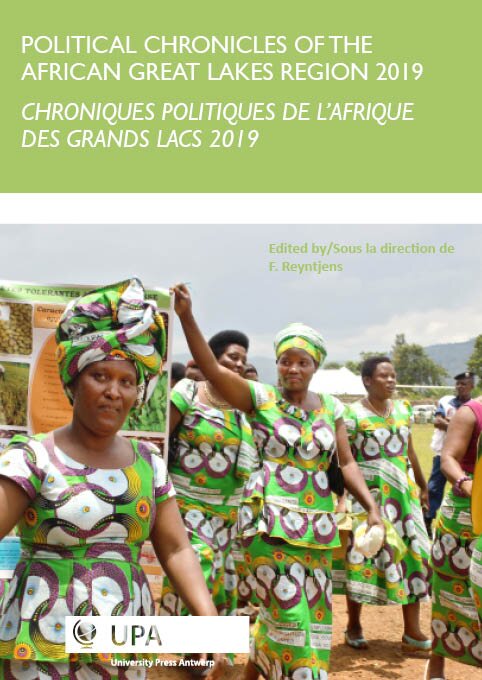
Continuing the tradition of L’Afrique des grands lacs. Annuaire, this companion volume to Conjonctures de l’Afrique centrale (Paris, L’Harmattan) offers a survey of political developments in Burundi, the Democratic Republic of Congo, Rwanda and Uganda throughout 2019. In Burundi, the year has been marked by the run-up to the 2020 elections. President Nkurunziza announced he would not stand for another term, which could make the contest more open. However, the opposition inside and outside the country remained weak, and political space continued to be constrained. The DRC has been marked by the search for a viable cohabitation between President Tshisekedi’s Cap pour le changement (CACH) and his predecessor Joseph Kabila’s Front commun pour le Congo (FCC). Despite some incidents between these political platforms, the two men have avoided institutional stalemate, but Tshisekedi’s room for manoeuvre has proved limited. Insecurity in the east of the country continues to claim many civilian lives. Rwanda was marked by business as usual, with an autocratic regime suppressing dissident voices and committing considerable human rights abuses. However, technocratic governance remains good. Uganda is gearing up for elections in 2021, and President Museveni will stand for a sixth term, and possibly for a presidency for life. Faced with resistance, the regime is attempting to remain in control, and is doing so heavy-handedly. At the regional level, relations between the DRC and Rwanda have improved, but those between Rwanda on the one hand, and Burundi and Uganda on the other, have remained hostile and marred by serious incidents.